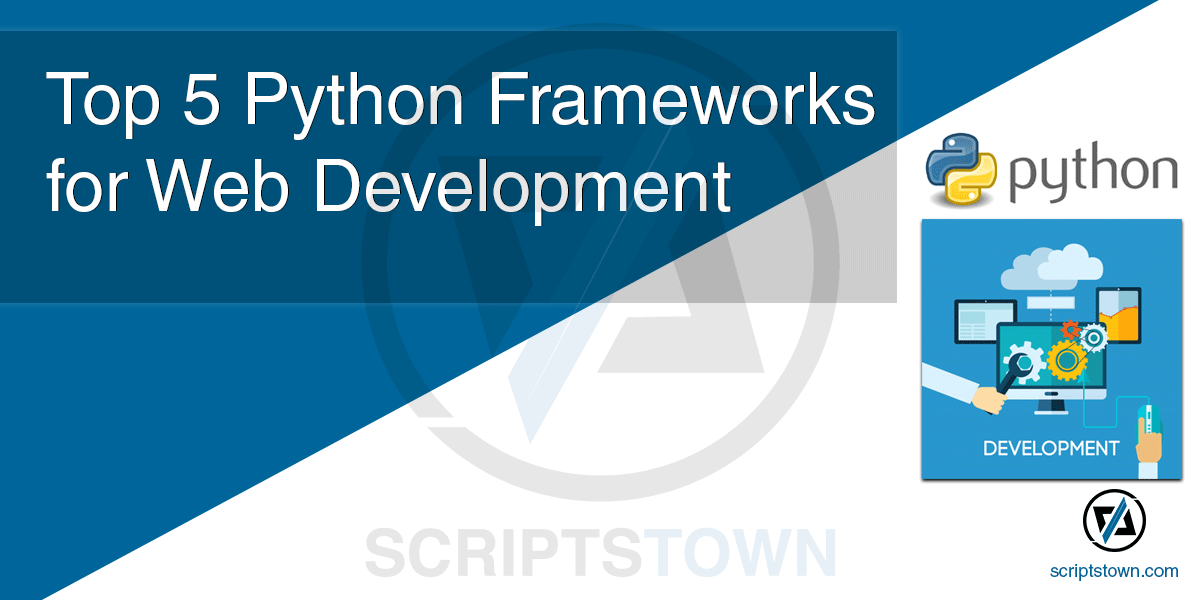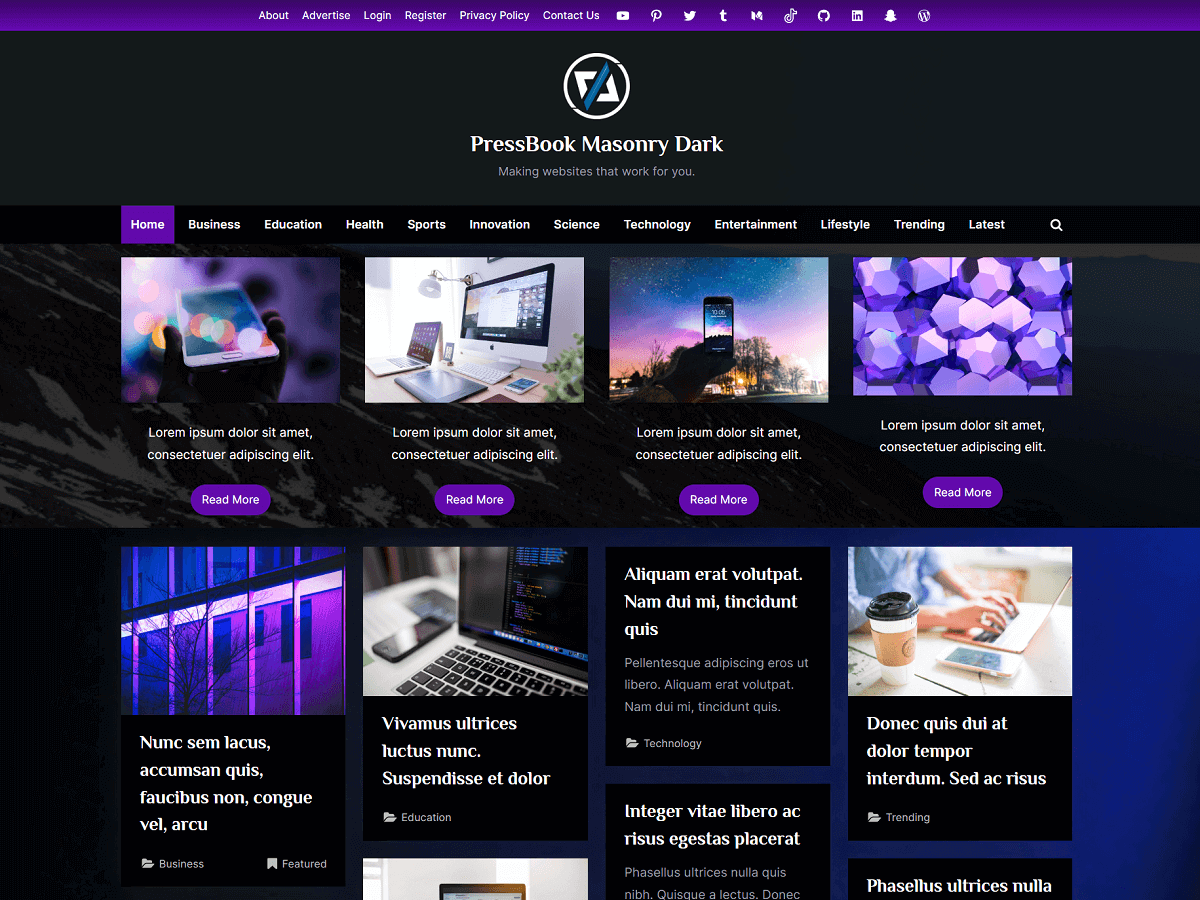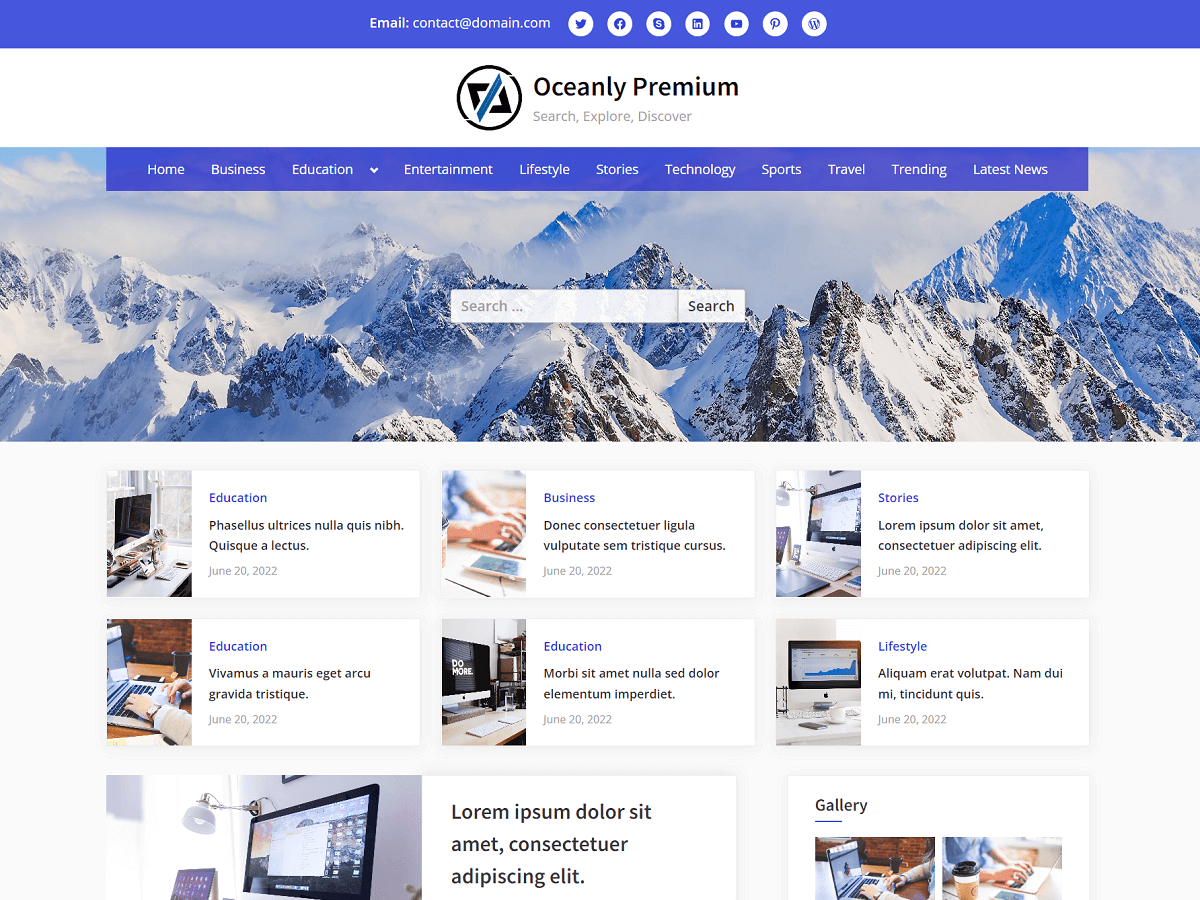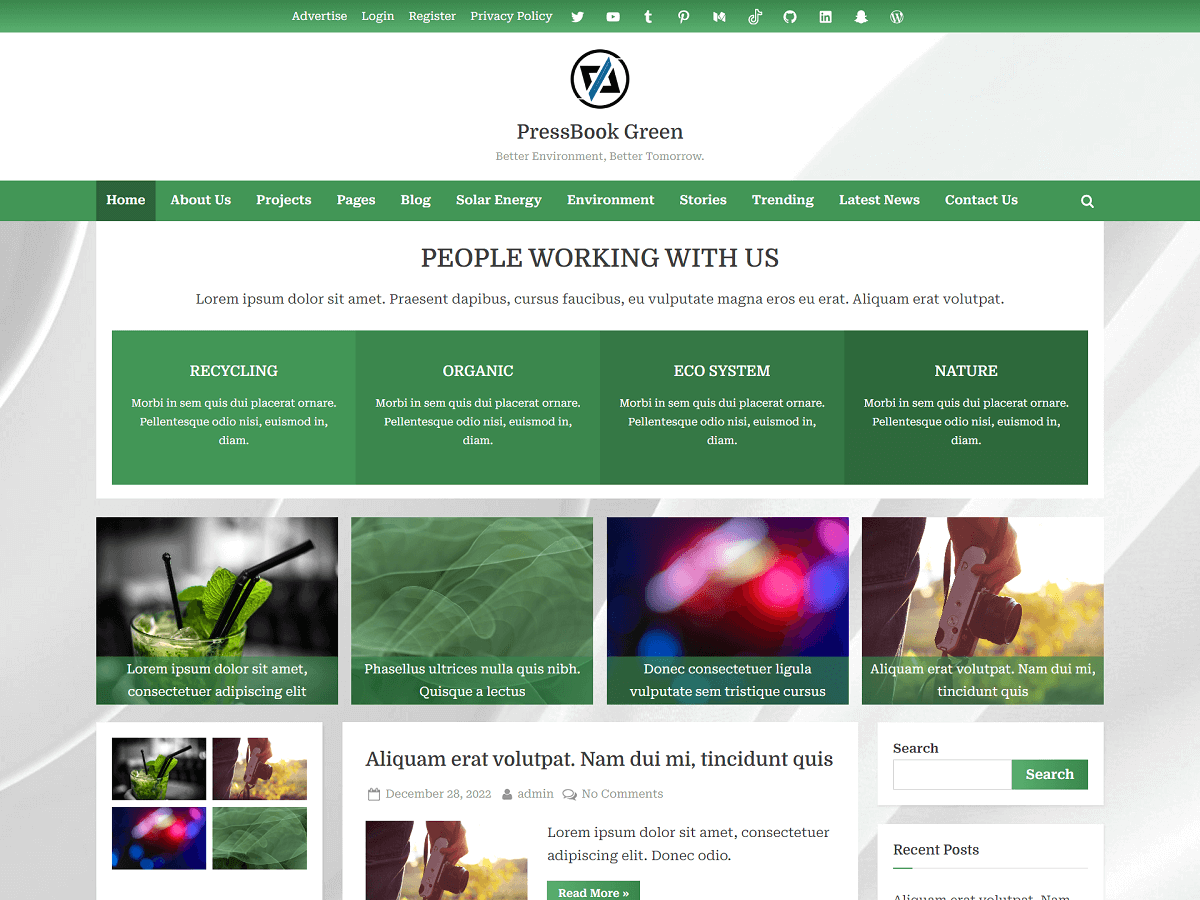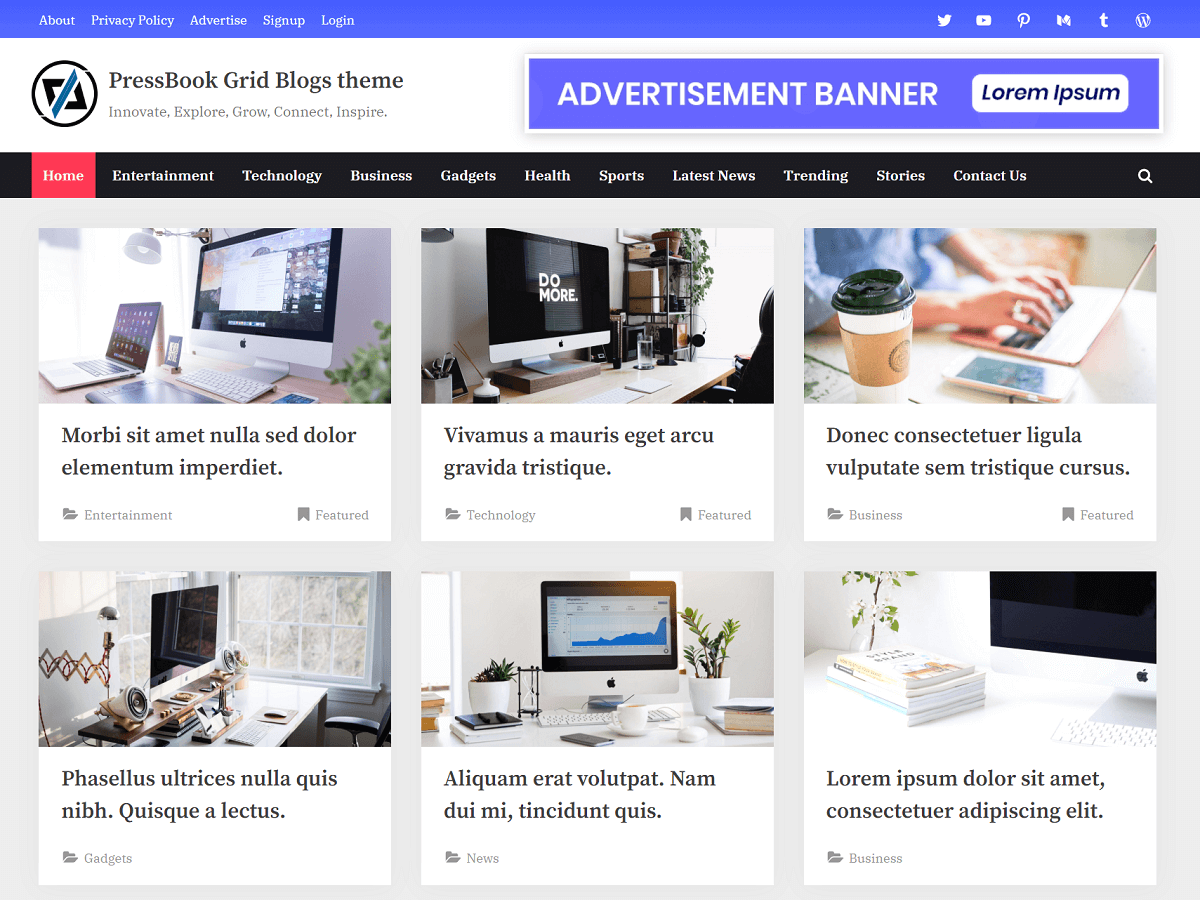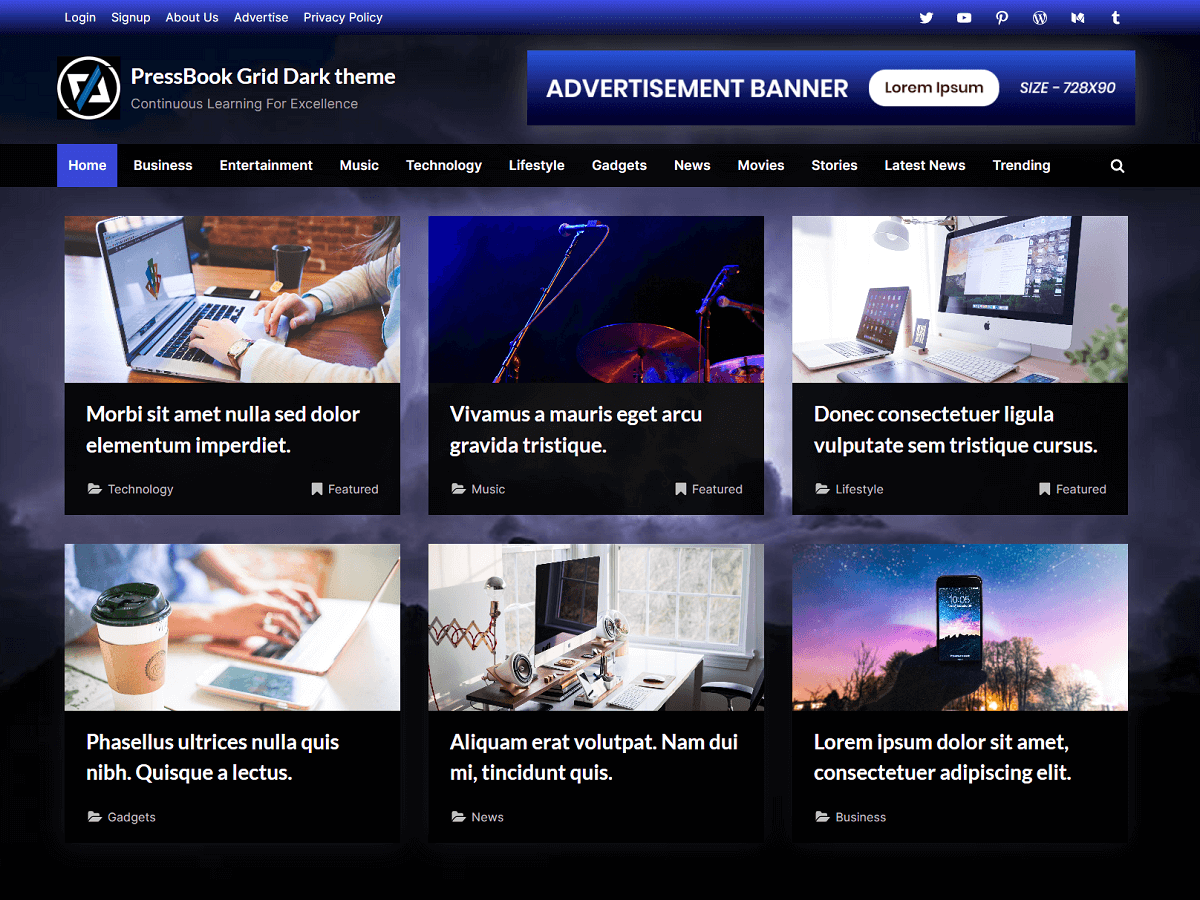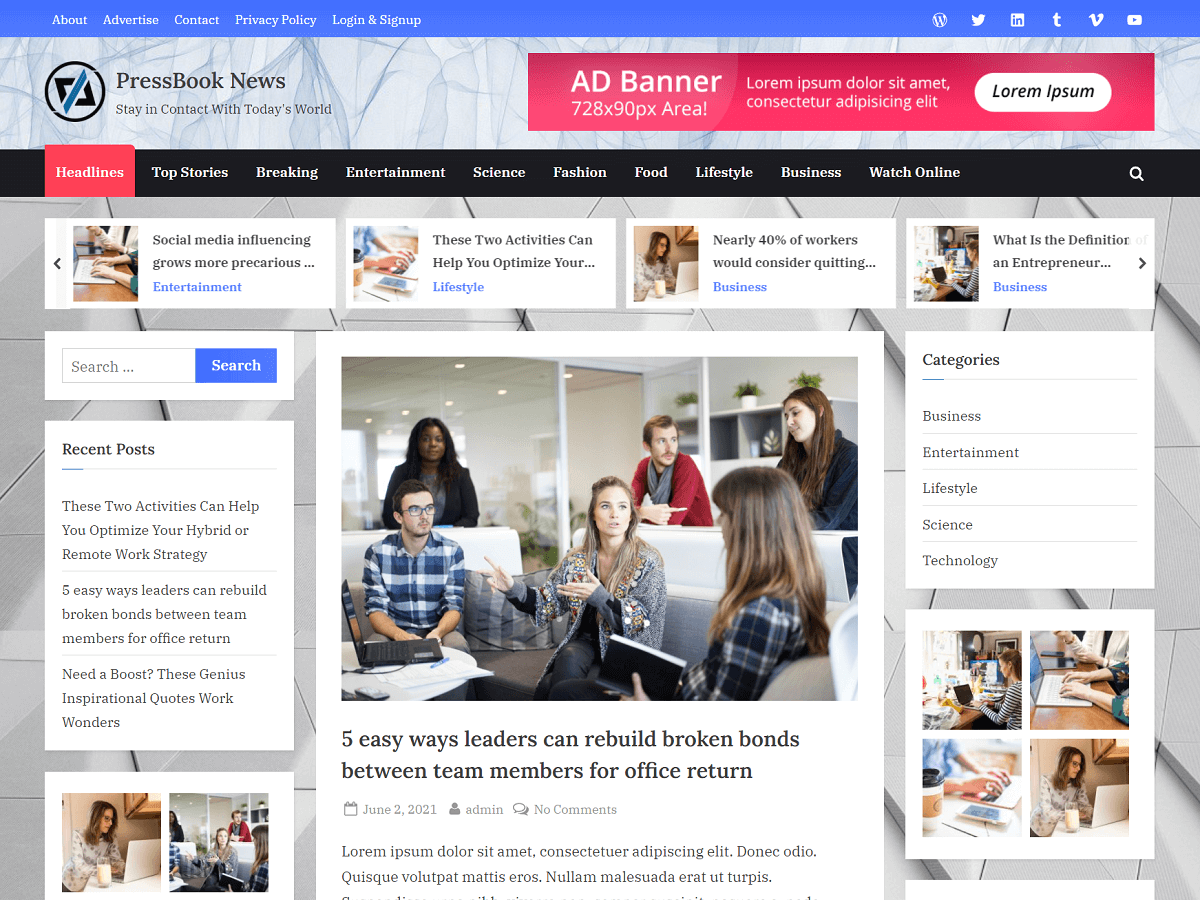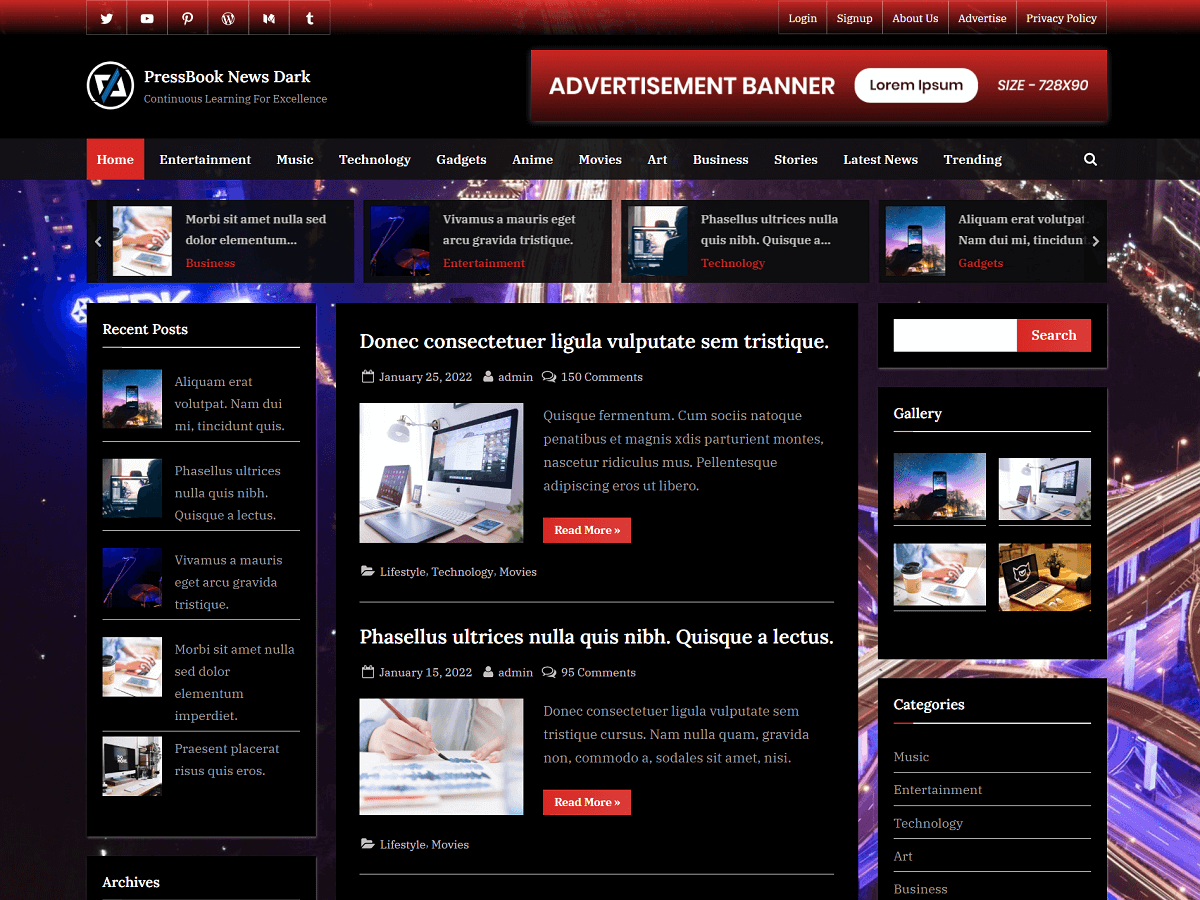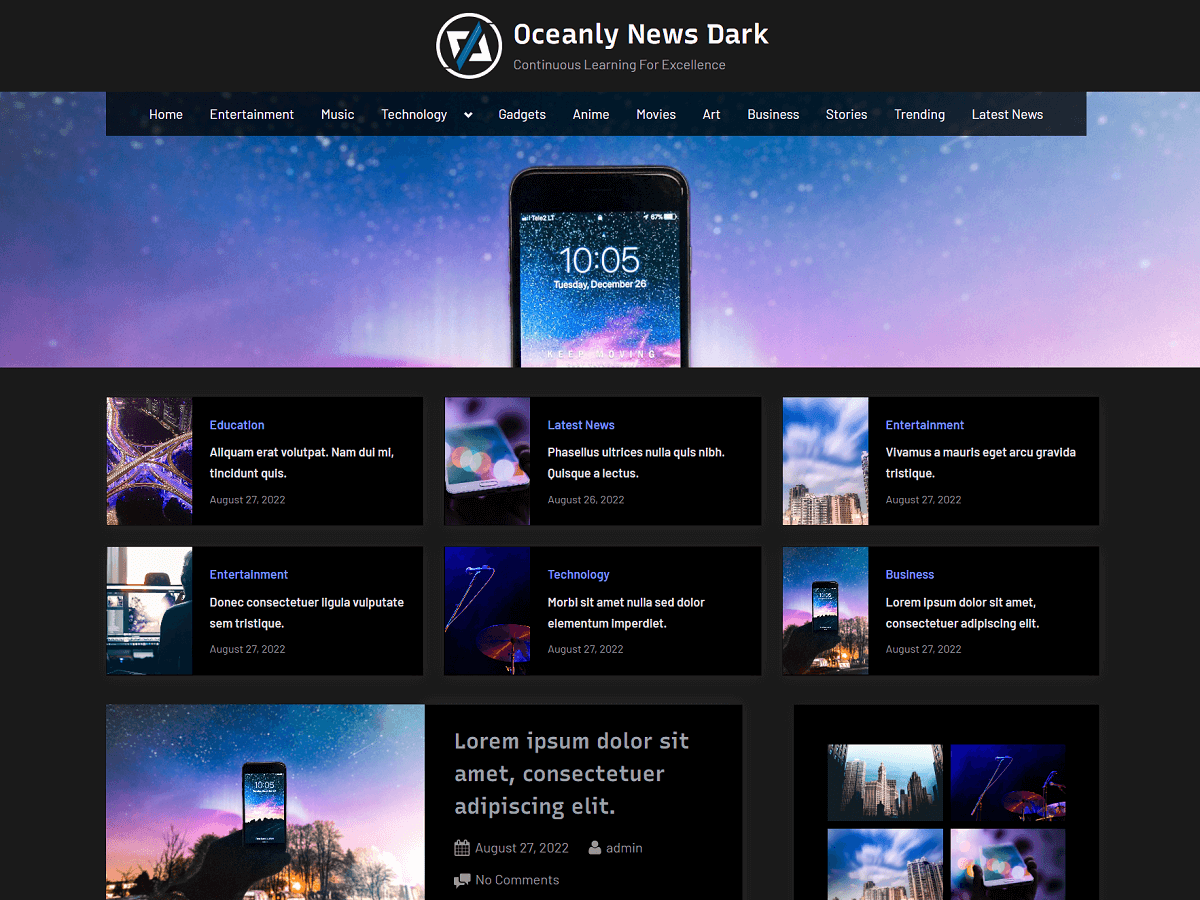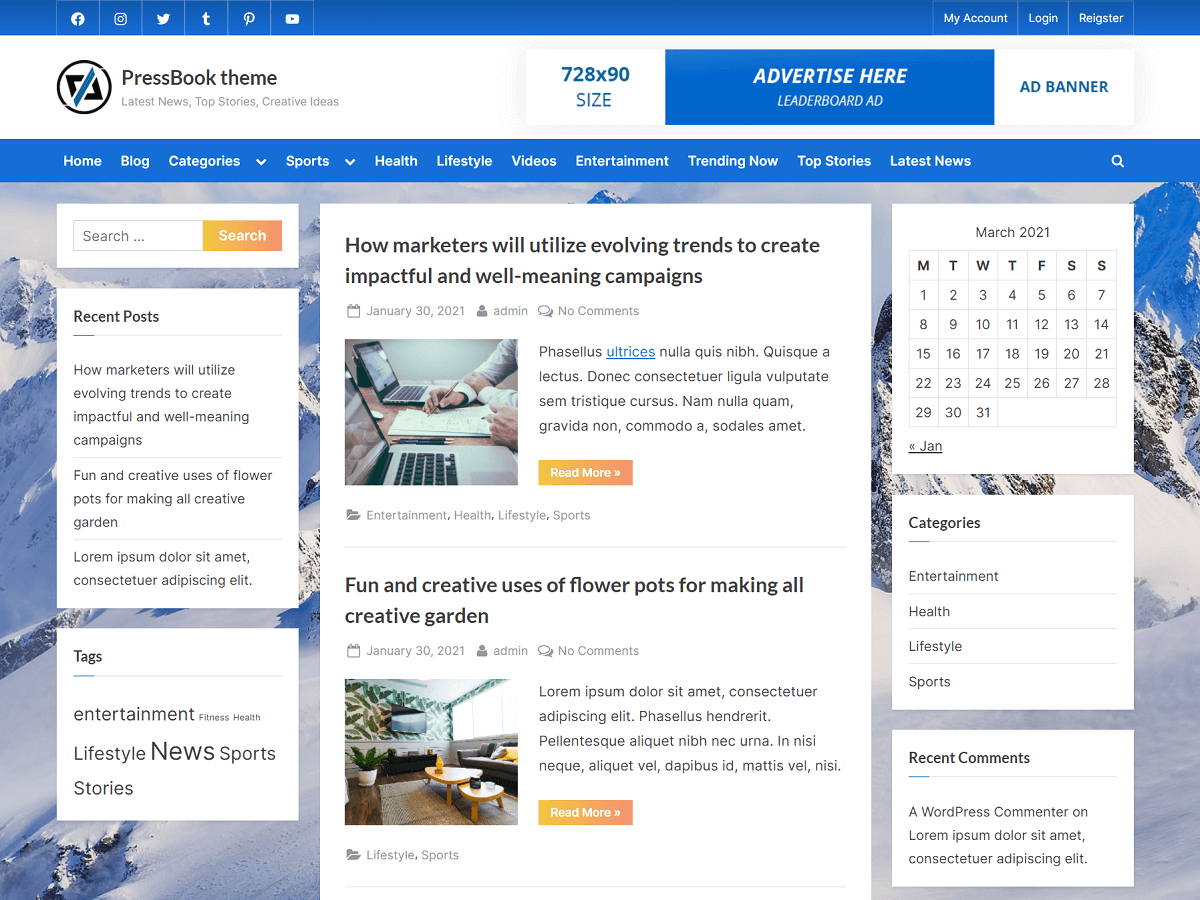Python is quickly a very demanding programming language in every tech niche. May it be data analysis, machine learning, or AI, Python has surely made its mark. It is one of the most popular and trending programming language used by many developers.
Python differs from other programming languages such as Java, C++, and C, because of its uniqueness such as object-oriented, interpreted, dynamically typed, powerfully composed, easy-to-read syntax, and simple compilation feature. Unlike other web programming languages, Python web frameworks grant developers to erect web applications with brief, appreciable, and viable code.
Be that as it may, Python does not give the unquestioning highlights required to accelerate custom web application development.
The developers employ numerous Python web frameworks to produce custom web applications in Python speedily and productively. In this guide, you will know about the top 5 Python frameworks which you can use for web development.
We will share a portion of the interesting Python web frameworks that will help you during the time spent on web application development effortlessly and right away. Here, our emphasis is mainly on serving you to pick the best access systems for your necessities.
Django – High-Level Python Web Framework
Django is one of the most popular web development frameworks for developing Python applications. Also, it is free, open-source, and includes all of the essential features by default as shown to offer them as separate libraries.
Django follows the principle of DRY (don’t repeat yourself) and a Model-View-Template (MVT) architecture. As a result, Django encourages rapid development and supports developers to create complex code and applications in an effortless way and takes less time compared to other frameworks.
Amazing features of Django include an authentication mechanism, URL routing, template engine, and database schema migration implement ORM (Object Relational Mapper) for mapping its objects to database tables.
Django underpins extensive databases including PostgreSQL, MySQL, Oracle, and SQLite, which intends that coding works with various databases.
If you’re planning to build a highly customized web application such as a social media website, then it is a good choice to go with the Django framework.
There are many development companies that offer Django development services. If you’re interested in exploring the Django framework further or hiring developers for your Django projects, consider reaching out to a dedicated Django development company with your requirements and goals for expert guidance and assistance.
Pyramid – Lightweight Python Web Framework
Pyramid is an open-source Python framework designed to make web applications easier. With Pyramid, developers have more flexibility. Here, you can write very small applications without knowing a lot. And, by learning a bit more, you can write very large applications too.
Some of Pyramid’s features include single-file applications, URL generation, extensible configuration, function decorators, and predicates. Tech giants like Mozilla, Yelp, Dropbox, and SurveyMonkey use Pyramid.
Flask – Microframework For Python
Flask is a web microframework available under the BSD license, which is incited by the Sinatra Ruby framework. Here, “micro” in “micro-framework” means that it aims to be as simple as possible but still extensible. It is a flexible and easy-to-use framework. This means it lets you decide how you want to implement things in your application. The main goal is to help develop a secure web application base.
Big companies, which include LinkedIn and Pinterest use Flask. Compared to Django, Flask is better to befit for small and easy projects. Thus, you can expect web server development, support for Google App Engine as well as in-built unit testing.
CherryPy – Minimalist Web Framework
CherryPy is a minimalist Python web development framework that allows developers to build web applications in the same way they would build an object-oriented Python program. As a result, smaller source code is developed in less time.
The features include a thread-pooled web server, setup framework, and module framework. Also, it has built-in tools for caching, encoding, sessions, authentication, static content, and many more.
Application development with CherryPy is comparatively more effective than its closest competitors. Also, it is being used by many sites, from the simplest to the most demanding.
Web2Py – Full-Stack, Scalable Framework
Web2py is an open-source full-stack, scalable framework for rapid development with Python. It requires no installation, and also no configuration. And, it is always backward compatible.
It streamlines custom web application change by involving helpful batteries like a web server, SQL database, and electronic interface. Also, it even allows software developers to make, adjust, send, and manage web applications productively through internet browsers. The clients can also run Web2Py flawlessly on major working frameworks and web servers.

